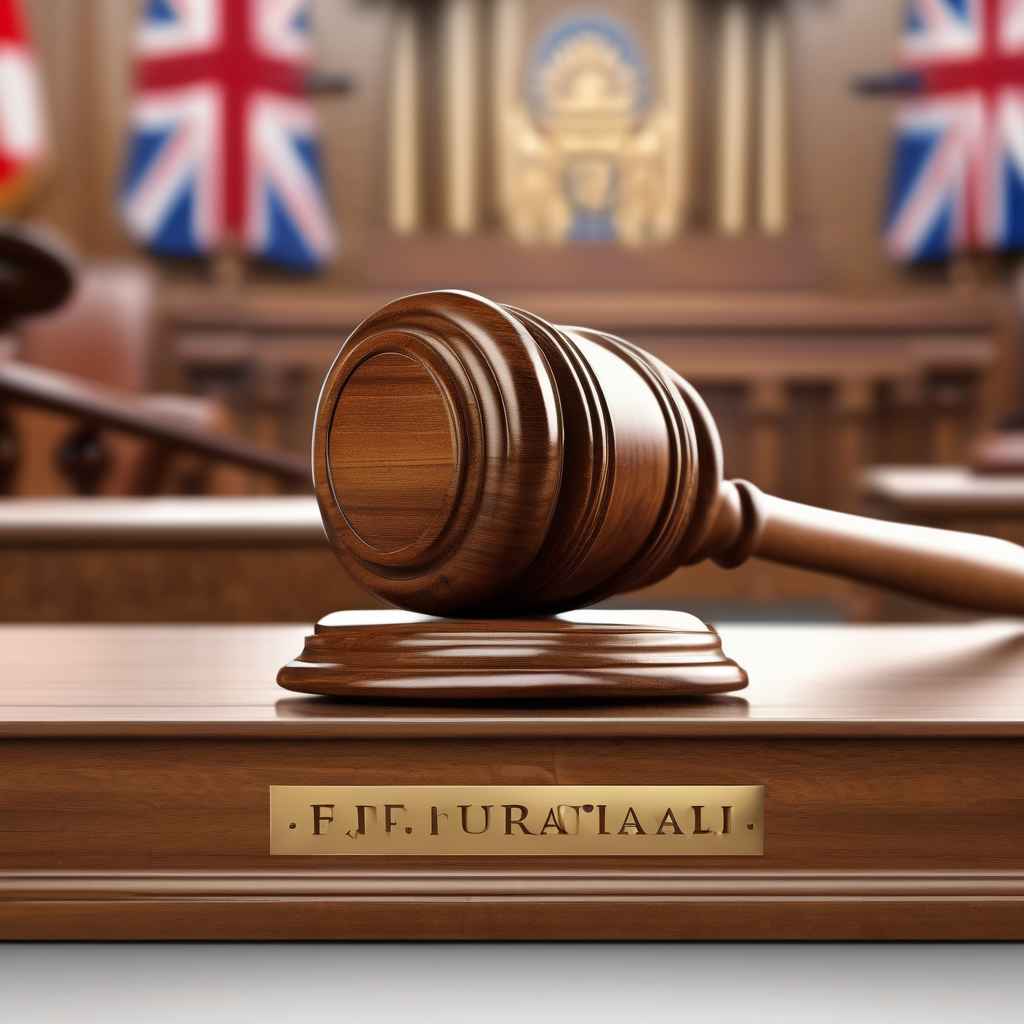The detention of Han Hak-ja, leader of the Unification Church, has captured significant attention following a South Korean court’s decision to hold him in custody due to graft allegations involving Kim Keon Hee, wife of former President Yoon Suk Yeol. Han is accused of orchestrating bribes intended for Kim, aimed at securing favors to advance the church’s business interests. These allegations come amid Kim’s ongoing trial over multiple charges, including bribery, where she is suspected of accepting gifts from the church. Both Kim and Han have denied the allegations, labeling them as false.
The move to jail Han is part of a broader inquiry into the former first couple, following Yoon’s dramatic removal from office over his contentious imposition of martial law last year. Yoon himself is facing separate legal proceedings for insurrection. Special prosecutors have justified Han’s detention as necessary to safeguard evidence, underpinning the extensive criminal investigation surrounding the former leadership.
The Unification Church, also known as the Family Federation for World Peace and Unification, has a global following and holds diverse business interests. Founded in the 1950s by Sun Myung Moon, the church is noted for its mass weddings and has faced previous controversies related to its operations and affiliations, including a scandal in Japan tied to former Prime Minister Shinzo Abe’s assassination.
In response to the current legal challenges, the church has pledged to cooperate fully with the investigation, expressing hope that this ordeal could restore trust in their institution. The church’s statement highlights its desire for transparency and fairness in legal proceedings, emphasizing the church’s commitment to uncovering the truth.
This situation forms part of a larger narrative in South Korea regarding political accountability and transparency, especially as previous articles have discussed the complexities of Yoon’s legal challenges and his controversial presidency. These developments underscore ongoing debates about power, corruption, and governance in South Korea’s political sphere, while also reflecting the country’s robust judicial engagement aimed at maintaining democratic norms. Despite these tumultuous events, there’s a hopeful perspective that through due process, the investigations may lead to strengthened public trust in democratic institutions.
